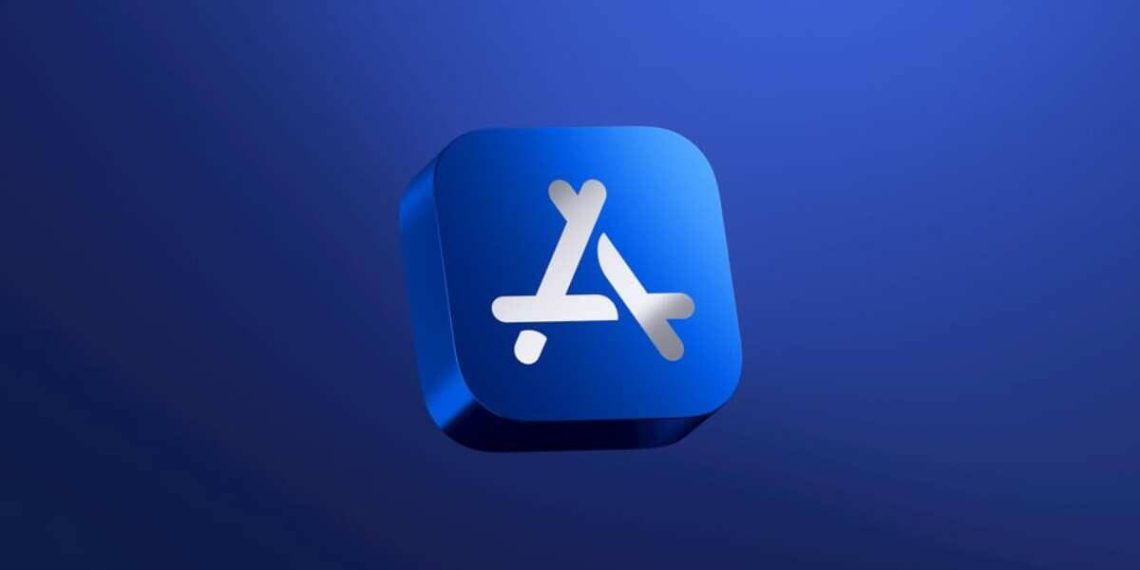Apple has always been known for its strict control over its iOS devices, particularly when it comes to third-party app stores. However, the tech giant is set to allow third-party app stores on its upcoming iOS 17 operating system, marking the first time it will do so. Here’s what you need to know about this major change.
The History of Third-Party App Stores on iOS
Apple has historically been strict about third-party app stores on its iOS devices, with the company only making exceptions when necessary. This is because Apple has always prioritized security and has sought to prevent malware and other security issues that may come with third-party app stores. Despite this, some users feel that Apple has been too restrictive in limiting their options.
What to Expect from iOS 17
According to Apple analyst Mark Gurman, the new iOS 17 will allow third-party stores to be installed directly, similar to how it works on Android devices. This is a major change for Apple, which has previously only allowed for limited third-party app installations. The move is in response to EU regulations that require Apple to open up its platform to more competition and avoid monopoly practices.
What Does This Mean for Users?
The new policy means that iOS users will have more options when it comes to app stores, allowing them to use third-party stores that may offer different apps and services than the Apple App Store. This could also lead to more competition among app stores, which may lead to better deals and more innovative apps. However, it is important to note that Apple will still maintain some control over what apps are available in third-party stores, and there may be certain threshold conditions that developers will need to meet.
When Will This Change Take Effect?
The new EU Digital Market Act, which mandates third-party app stores on iPhones and iPads, is set to take effect in March 2024. Apple is expected to announce the specifics of its new policy for third-party app stores at its WWDC event, which is typically held in June. While this change may not take effect immediately, it marks a significant shift in Apple’s approach to third-party app stores and could have major implications for the future of the iOS platform.













































































































































































